PROVO — A new campus committee will meet for the first time this week to examine the issues of race and inequality at Brigham Young University, the school announced Wednesday.
“The committee is eager to get started, and will immediately commence its work by reaching out to many students and members of the BYU community, ready to listen,” the school said in a statement.
BYU President Kevin Worthen requested the committee, which formed last week with eight members of the faculty, administration and staff, six of whom are people of color.
They are Moises Aguirre, director of Multicultural Student Services; Ryan Gabriel, a sociology professor who studies race; Lita Little Giddins, the diversity, collaboration and inclusion coordinator for the College of Family, Home and Social Sciences; Vern Heperi, assistant to the president for Student Success and Inclusion; law professor Carl Hernandez III; Jon McBride, a media relations and social media manager; assistant women’s track coach Stephani Perkins; and academic vice president Shane Reese.
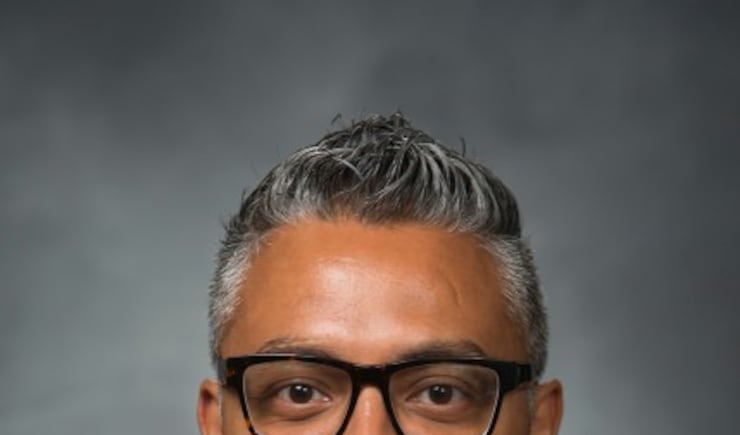
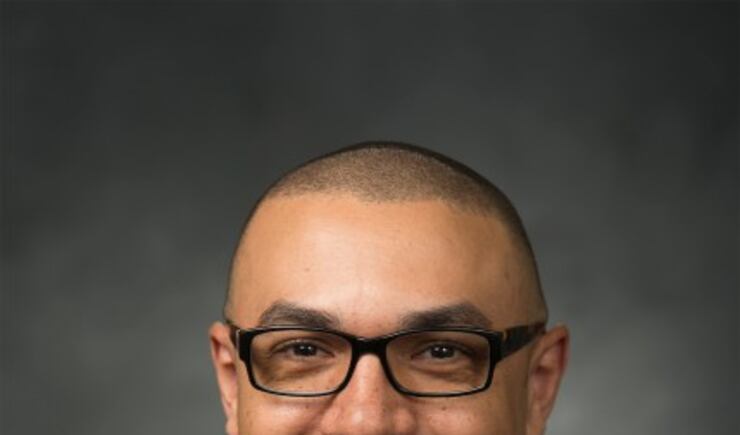

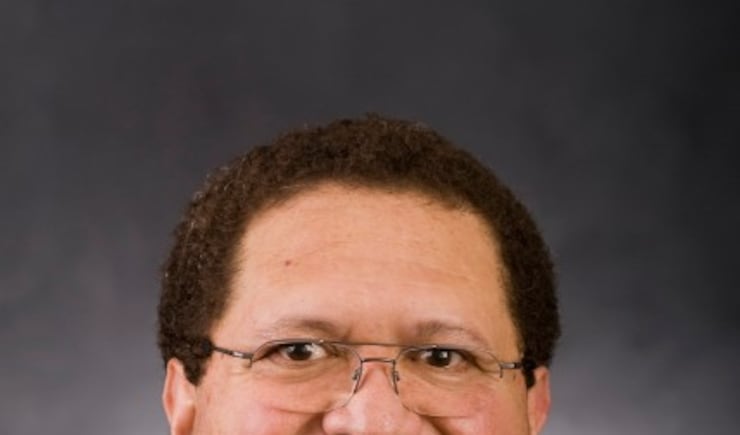
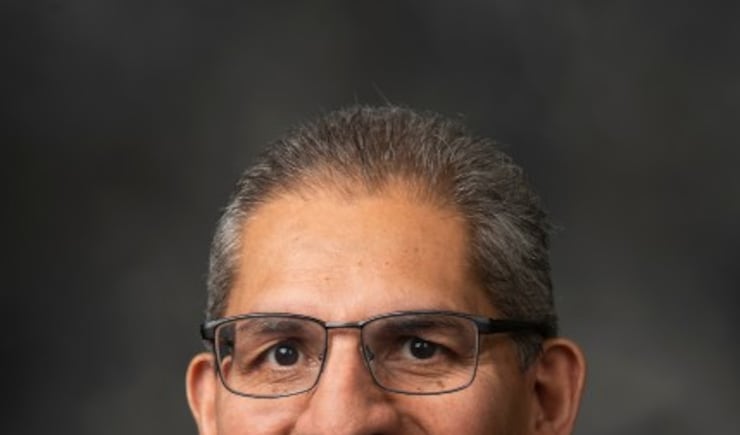
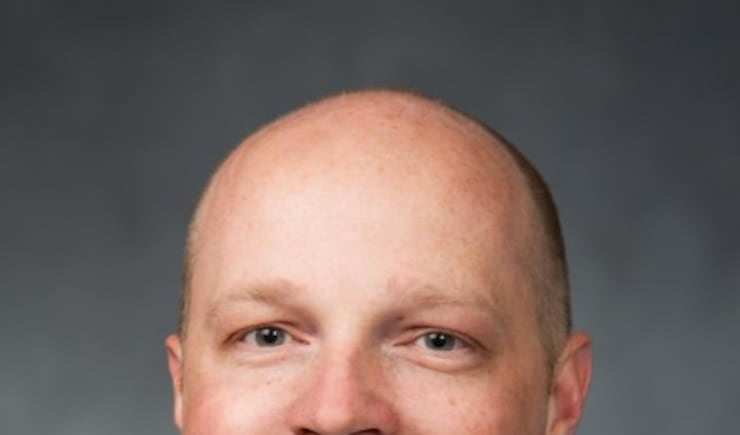
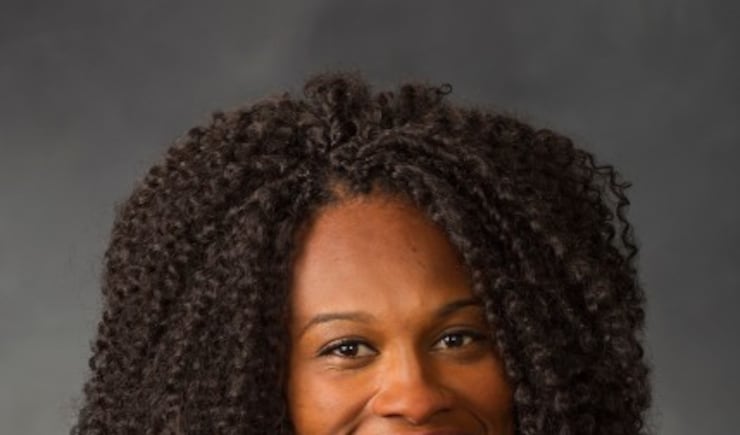
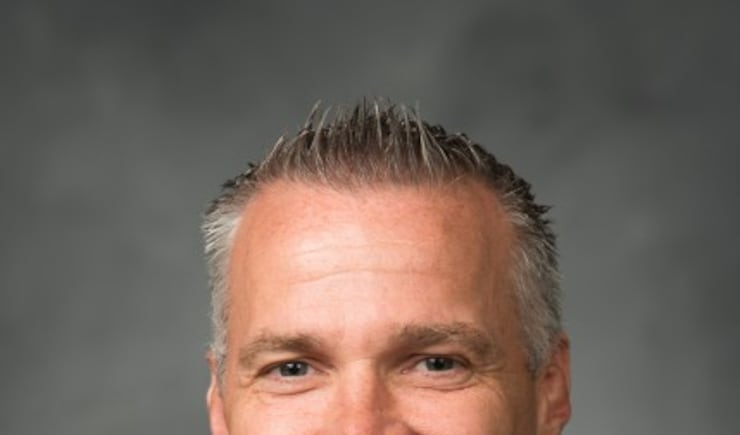
BYU students are 81% white. Fewer than 1% are black. Black students say they face obstacles other students do not, up to and including hate speech like the use of the N-word, as reported by the student newspaper the Daily Universe and other news outlets.
In February, racist questions were posted anonymously on the live campus event page for a panel on African immigration. The university condemned the statements.
Last November, the school’s official Twitter account responded to reports that stickers and posters promoting a white supremacist group were appearing on campus. It said the messages were not authorized and would be removed.
An online petition with more than 18,000 signatures is asking BYU to make a course on race and ethnicity a mandatory requirement for graduation. The petition was posted on change.org two weeks ago by three BYU students.
Reese made the appointments. The committee is charged with providing recommendations for specific actions the university may take to address inequality on campus.
“The committee will first prioritize opportunities to better listen to, and better understand, the experiences of black students, faculty and staff on campus to help inform adjustments and changes that can assist BYU in being a more safe and welcoming place for BYU’s community members of color,” a news release said.
Nathanael Byrd, 24, a psychology major from Canton, Michigan, and a returned Latter-day Saint missionary said he was disappointed by the announcement because the committee does not include any students.
“If it was a vessel for actual change, it would include a student,” he said.
Last year, when he was the president of the Black Student Union, an official, sanctioned campus club, he said 40 black students spoke to a church representative during a 90-minute meeting. No tangible action has resulted yet, said Byrd, who checked with the representative last week.
On June 2, Worthen issued a statement saying the deaths of George Floyd, Breonna Taylor, Ahmaud Arbery and others were tragic.
“BYU stands firmly against racism and violence in any form and is committed to promoting a culture of safety, kindness, respect and love,” he said.
“We know there is work to do, on campus and throughout the nation,” he added, “for us to better come together, to address injustice and to truly love one another. It will take sustained effort from all of us to make things better. We remain committed to doing that. We can do that in a unique way at BYU because of our understanding of the important truth that each of us are children of heavenly parents.”
The committee will follow the joint charge issued last week by the chairman of BYU’s board of trustees, President Russell M. Nelson, leader of The Church of Jesus Christ of Latter-day Saints, and national leaders of the NAACP.
“We likewise call on government, business, and educational leaders at every level to review processes, laws and organizational attitudes regarding racism and root them out once and for all,” wrote President Nelson, NAACP President Derrick Johnson, NAACP board chairman Leon Russell and Amos Brown, emeritus chairman of NAACP religious affairs. “It is past time for every one of us to elevate our conversations above divisive and polarizing rhetoric.”
Worthen’s statement after Floyd’s death said the national conversation was continuing on campus.
In fact, the BYU football team’s official Twitter account posted a video last week called “Be the change” with the hashtag #BlackLivesMatter. The video shows several players describing real brotherhood and calling for people to stand together for justice and equality.
Four of them repeated the phrase “black lives matter.”
Two days earlier, the dean of the College of Family, Home and Social Sciences expressed indignation over the deaths of Floyd, Taylor and Arbery.
“As a college of social sciences, we are uniquely responsible to educate ourselves and others on ways to identify and eradicate racist attitudes, behaviors, policies and structures in order to improve the campus culture,” Ben Ogles wrote in a statement.










